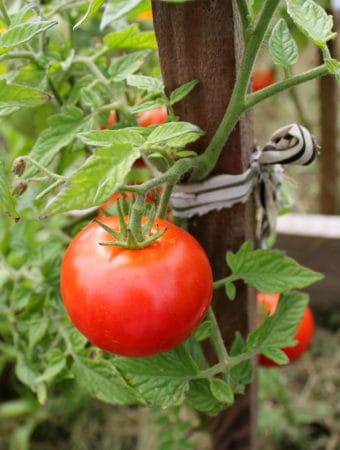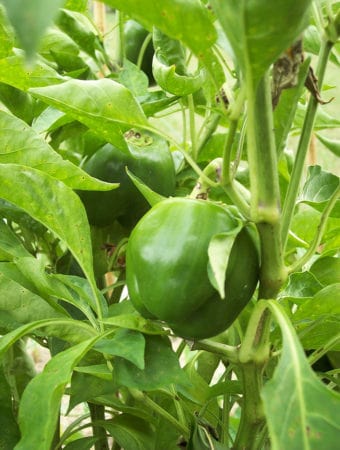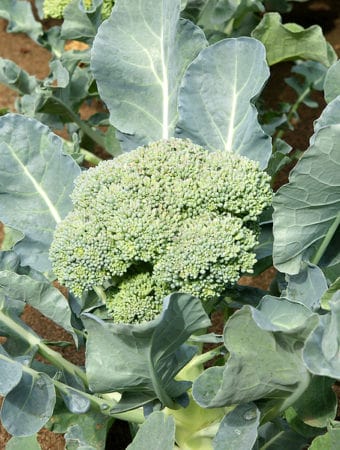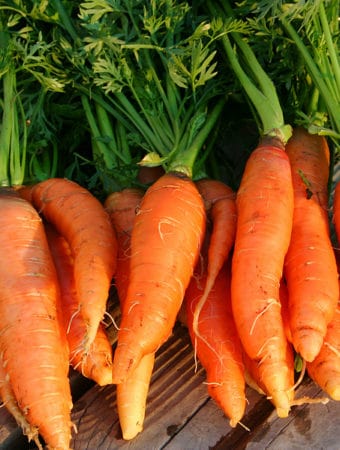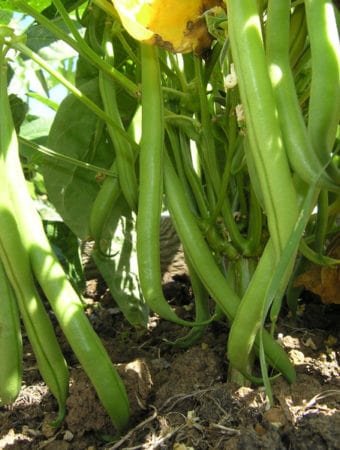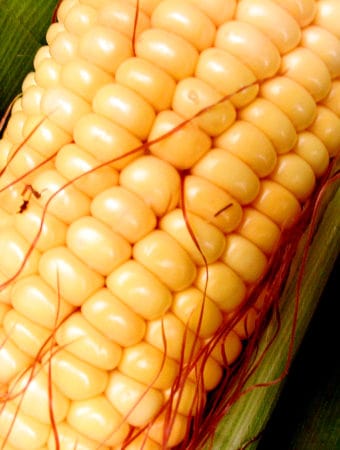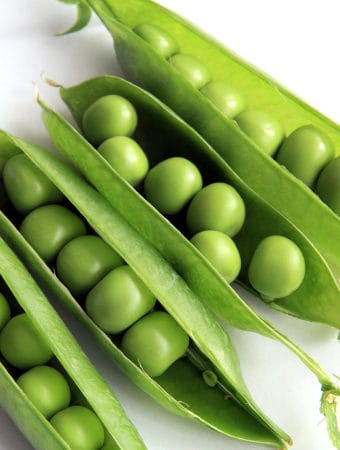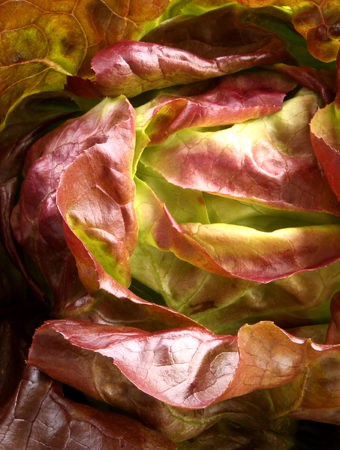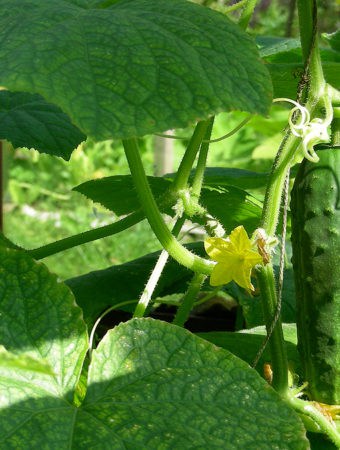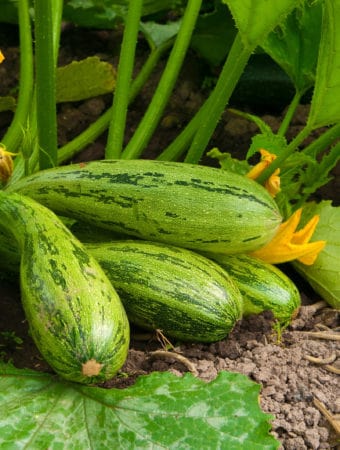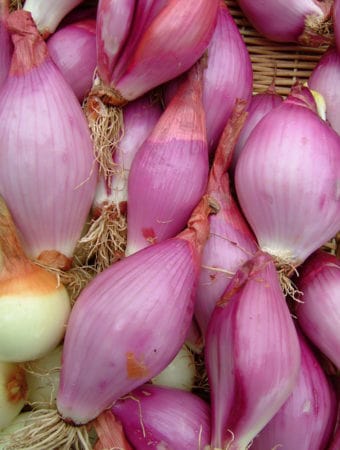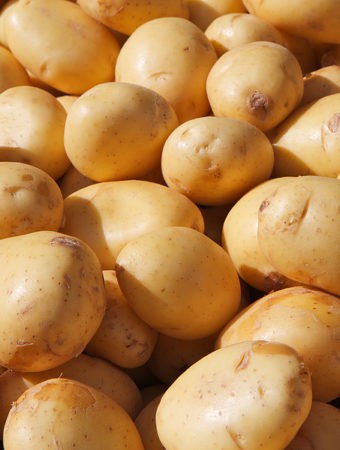June is the month the vegetable, herb, and fruit gardens pick up steam. Spring comes to a close in June and summer begins. Complete your spring planting in early June. By the end of the month, the soil and air will be sufficiently warm for plant growth to accelerate and begin growth toward harvest. (Of course, in the Southern Hemisphere, winter arrives this month and gardens are resting.)
Make sure your garden calendar is up to date now. Planting dates should be entered and harvest dates marked. If you live where summer is long, plan your second planting of summer crops now; end of this month and next month those “succession” crops will be set out. If you live where summer is short, now is the time to think about crops for autumn and winter harvest. You will want to get those seeds started by the end of the month.

There’s an old garden rhyme that says, “A swarm of bees in June is worth a silver spoon.” And so it is, as summer arrives later this month. Pollinators are important to garden success. Be sure to plant pollinator-friendly plants–lavender, borage, coneflower, rosemary, sunflower, chive, foxglove, asters, zinnia, stonecrop, goldenrod, oregano, catmint, cosmos, honeysuckle, anise hyssop, penstemon, Russian sage, butterfly bush, and marigolds are a few.
June was not always the sixth month of the year. It was once the fourth month, named for the Roman goddess of marriage, Juno. Julius Caesar rearranged the calendar, but June has remained a favorite month for brides. It is said that there are more flowers in bloom in June than in any other month of the year. All the better for bouquets.
June vegetable garden to-do list in all zones
Here are things to do in the vegetable garden in USDA growing zones 2-11 during June.
Sow seeds
Crops that can be sown by seed in June include lima beans, snap and shell beans, beets, main crop carrots, cucumbers, Florence fennel, kohlrabi, New Zealand spinach, summer bunching onions, parsnips, peas, winter potatoes, pumpkins, salsify, and summer and winter squashes. Fall or cool-season crop seeds that can be sown in June include broccoli, cauliflower, winter cabbage, and leeks. See Seed Starting Guide
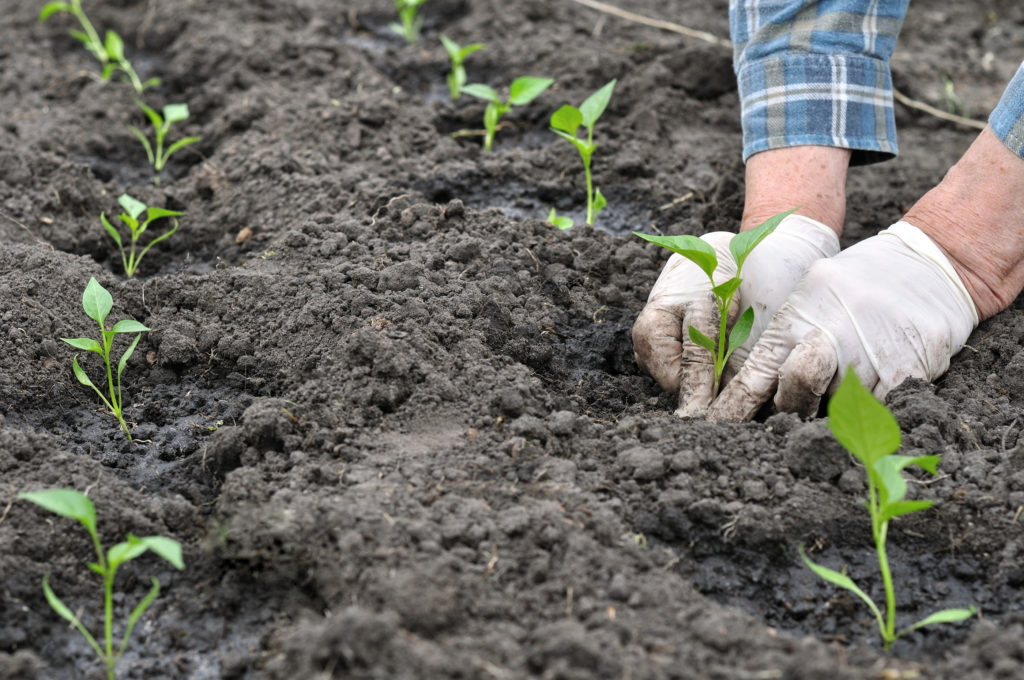
Set out seedlings
Transplant out warm-weather seedlings such as bush, runner, pole beans, French beans, sweet corn, cucumbers, eggplant, melons, peppers, pumpkins, tomatoes, and summer and winter squashes. Plant seed potatoes. Eggplant, pepper, and tomato seedlings are best transplanted into the garden after they have reached 4 to 5 inches (10-12 cm) tall. Nights should be consistently above 55ºF, otherwise, their blossoms will drop. See Know Your Warm-Season Crops
Succession planting
Make succession sowings of green beans, beets, carrots, endive, kohlrabi, lettuces, radishes, and turnips. Make second plantings of bush beans, cucumbers, and sweet corn if you live in a long-season region, growing zones 8-11. Replace spring peas, lettuce, and potatoes with field peas, limas, or other warm-weather crops, or plant a summer cover crop of soybeans to help renew the soil. See Succession Planting–Be An Expert
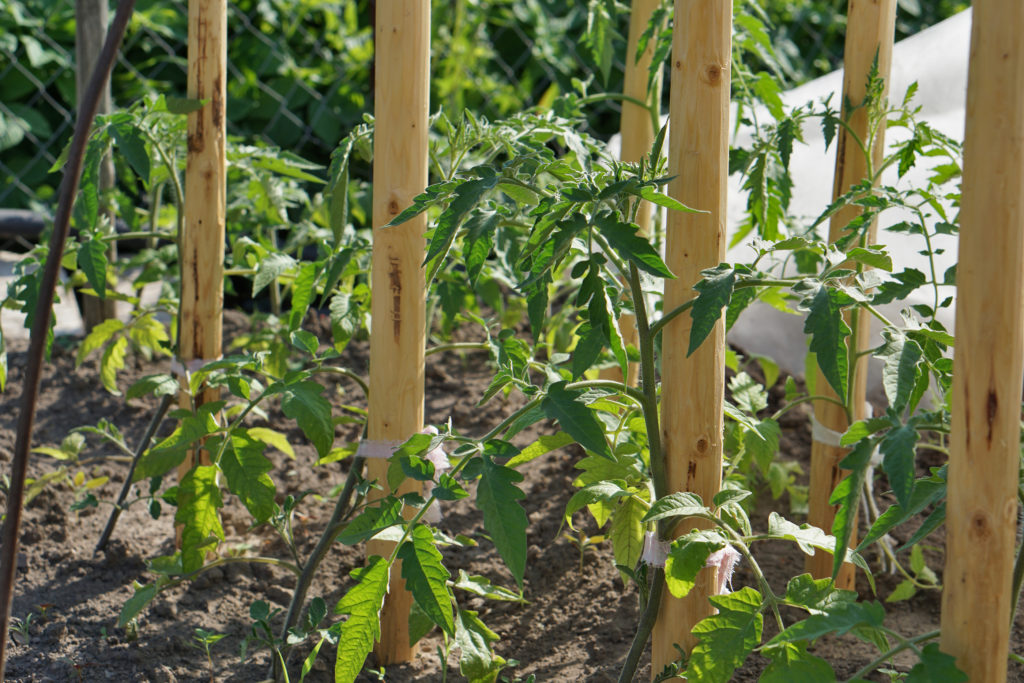
Tomatoes
Transplant tomatoes into the garden and support them by providing stakes or cages for all but bush varieties. Tie them gently, but firmly, to stakes to secure them. Water thoroughly and pinch back new growth of tomatoes to ensure a good crop later. See Grow Tomatoes on Stakes
Container garden
Many summer vegetables and herbs can be grown in containers. Water container plants as needed, daily during hot, dry weather. Set supports for melons and tomatoes in containers. Feed plants in containers regularly, unless slow-release fertilizer granules were incorporated before planting. Use a liquid fertilizer such as compost tea. Turn hanging baskets regularly so that the plants develop evenly on all sides of the basket. Watch for pests and signs of disease. See Container Vegetable Gardening Guide
Fall harvest planting
Direct-sow now crops for harvest during the cool fall weather: beets, broccoli, Brussels sprouts, Chinese cabbage, winter cabbages, cauliflower, self-blanching celery, chicory, peas, and rutabaga. Ready a bed for fall greens like lettuce and spinach. Cultivate the soil and add organic matter. See Planting for Fall and Winter Harvest
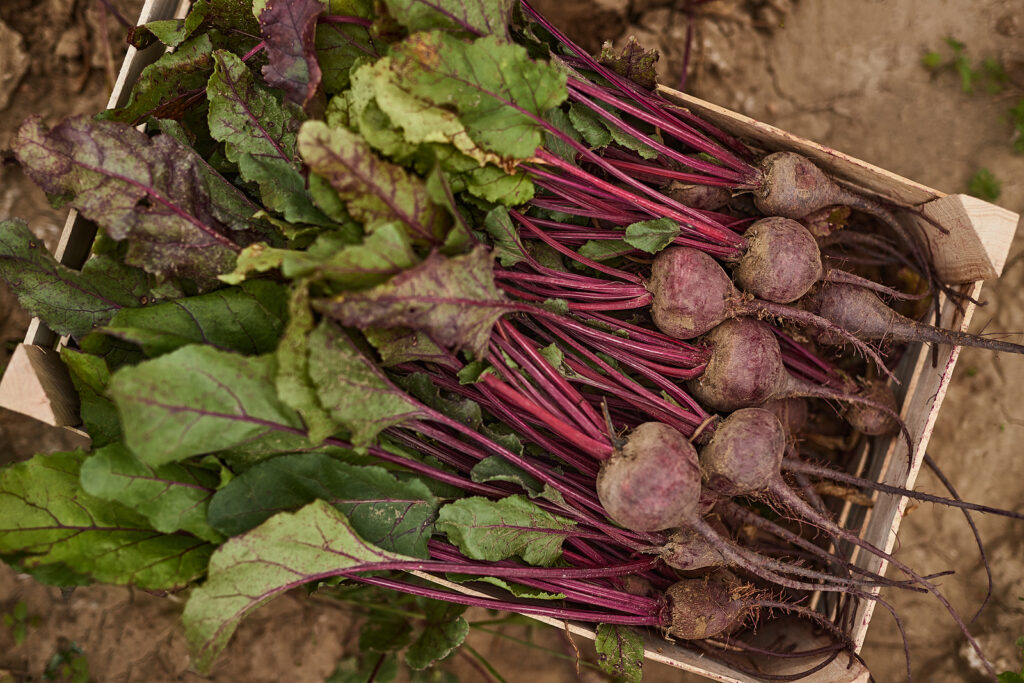
Harvest now
Lift early potatoes. Finish cutting asparagus by the middle of the month if you haven’t stopped already. Start picking herbs for use fresh and for freezing or drying. Here is a list of vegetables and fruits ready for harvest in the northern hemisphere during June: early beans, beets, carrots, Swiss chard (silverbeet), lettuce, greenhouse tomatoes, and turnips. See All the Harvest Tips Crop-by-Crop
Herbs
Sow chervil and dill, and thin out herb seedlings. Take cuttings from rosemary and sage if not done last month. Water the herb garden freely during dry weather, although most herbs can survive droughts. See Best Herbs for Container Growing
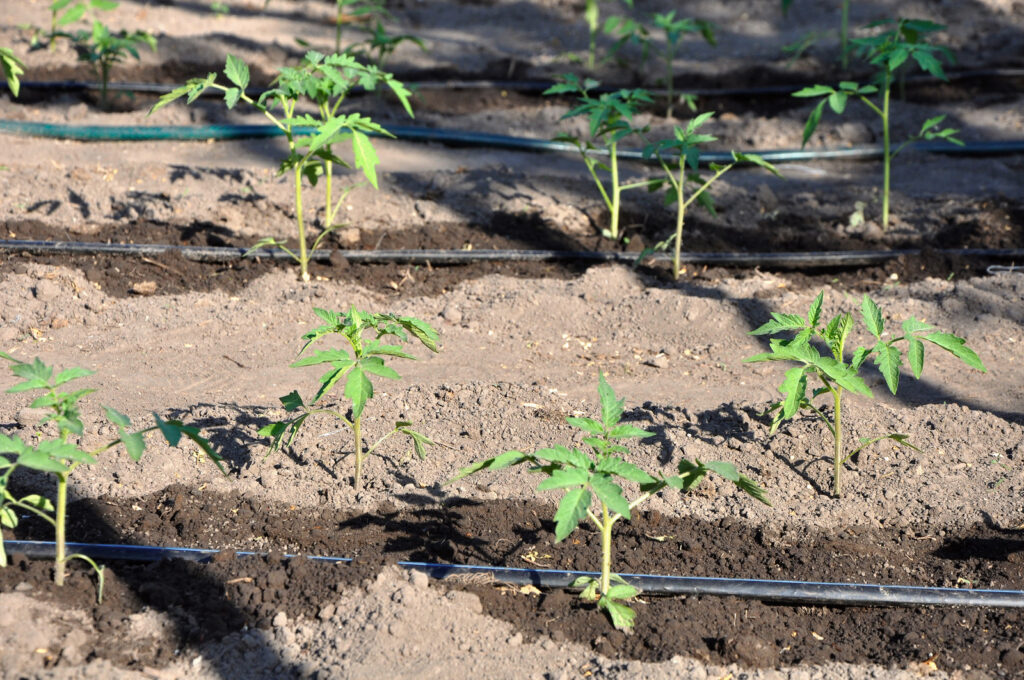
Watering
Water transplants every day until they are well established. Pay close attention to tomatoes, peppers, eggplants, melons, zucchini, cucumbers, and squashes; they need regular water when flowering and until their fruits fill out. Don’t over-water beans and peas until they have flowered; then keep them moist. Lettuce, spinach, Brussels sprouts, cabbages, broccoli, and cauliflower do best when watered regularly. See Vegetable Garden Watering
Pest control
Protect summer squash from cucumber beetles while plants are young by covering the plants with horticultural fabric. Watch out for aphids on broad beans and root flies on cabbages, carrots, and onions. Handpick Colorado potato beetles and other pests. Water plants in the morning so they don’t become susceptible to fungus and insect infestation. Mulch when seedlings are several inches high to keep down and limit weeds. Solarize pests and diseases in vacant beds by wetting the soil, then covering it with clear plastic for about a month. See Vegetable Garden Natural Organic Pest Control
Cold frame and greenhouse
Water and feed cold frame and greenhouse-grown tomatoes, cucumbers, and peppers, never letting the soil dry out. Continue to tie in tomato plants and pinch outside shoots. Attach slings or nets to melons as they swell. Feed greenhouse plants regularly. Use biological pest controls for greenhouse pests. See Cold Frame Calendar
Vegetable and herb planting in June
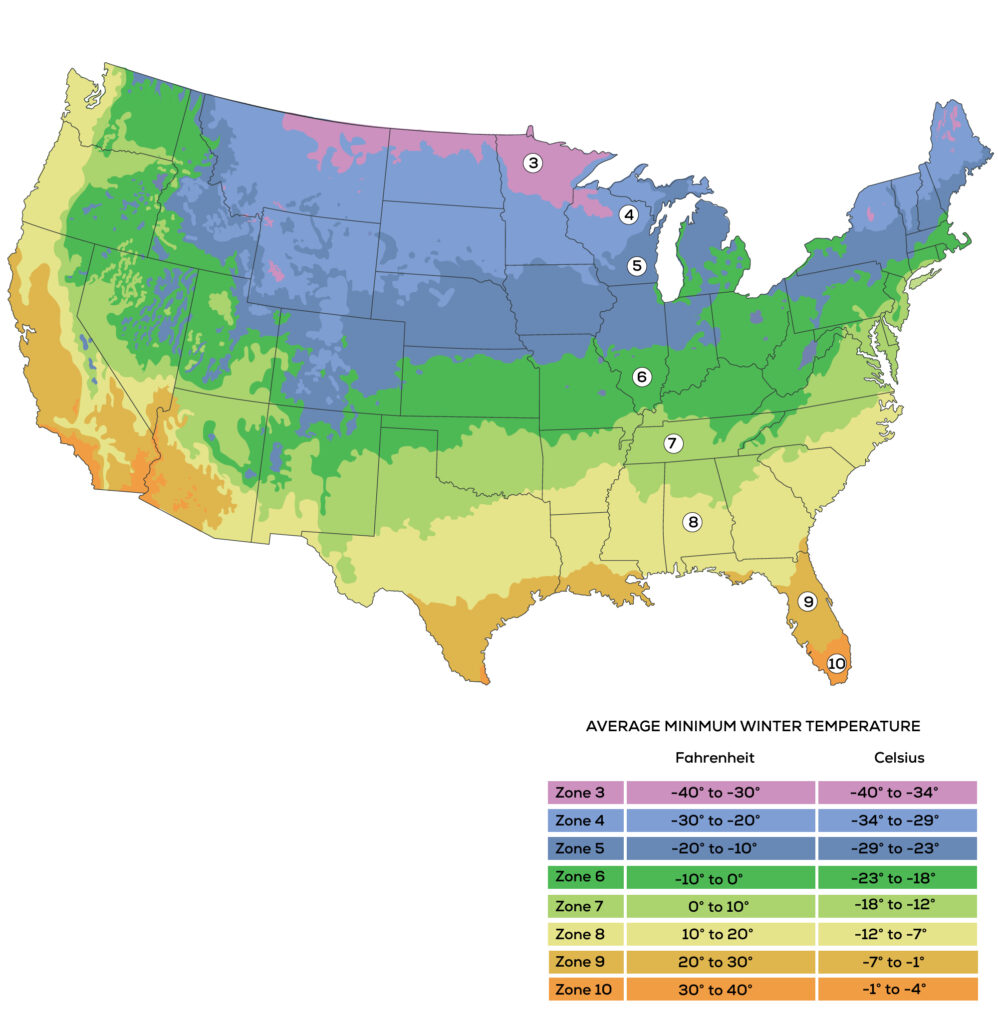
Here is a planting list for June in the northern hemisphere:
Cool northern regions—USDA Zones 3-6
- Vegetables: beans, beets, broccoli, Brussels sprouts, cabbage, carrots, cauliflower, celery, chard (silverbeet), cress, cucumber, endive, leeks, lettuce, marrow, melons, okra, spring onion, parsnip, potato tubers, pumpkin, radish, rhubarb crowns, rutabaga (Swedes), salsify, Swiss chard (silverbeet), spinach, squash, sweet corn, zucchini.
- Herbs: basil, borage, chamomile, chervil, chives, coriander, hyssop, lemon balm, oregano, parsley, salad burnet, thyme.
Temperate regions—USDA Zones 7-9
- Vegetables: beans, beets (beetroot), broccoli, Brussels sprouts, cabbage, cape gooseberry, capsicum, carrots, cauliflower, celery, chard (silverbeet), chicory, cress, cucumber, eggplant, endive, leeks, lettuce, marrow, melons, mustard, spring onions, parsnip, peas, pumpkin, radish, rhubarb crowns, salsify, squash, sweet corn, tomato, zucchini.
- Herbs: basil, borage, celeriac, chamomile, chervil, chicory, chives, fennel, hyssop, lemon balm, oregano, parsley, salad burnet, thyme.
Subtropical and tropical regions—USDA Zones 10-12
- Vegetables: beans, cabbage, cape gooseberry, capsicum, celery, Chinese cabbage, cress, cucumber, eggplant, fennel, lettuce, marrow, melons, mustard, okra, parsnip, peas, pumpkin, radish, rhubarb crowns, Swiss chard (silverbeet), spring onion, squash, strawberry runners, sweet corn, sweet potato, tomato, zucchini.
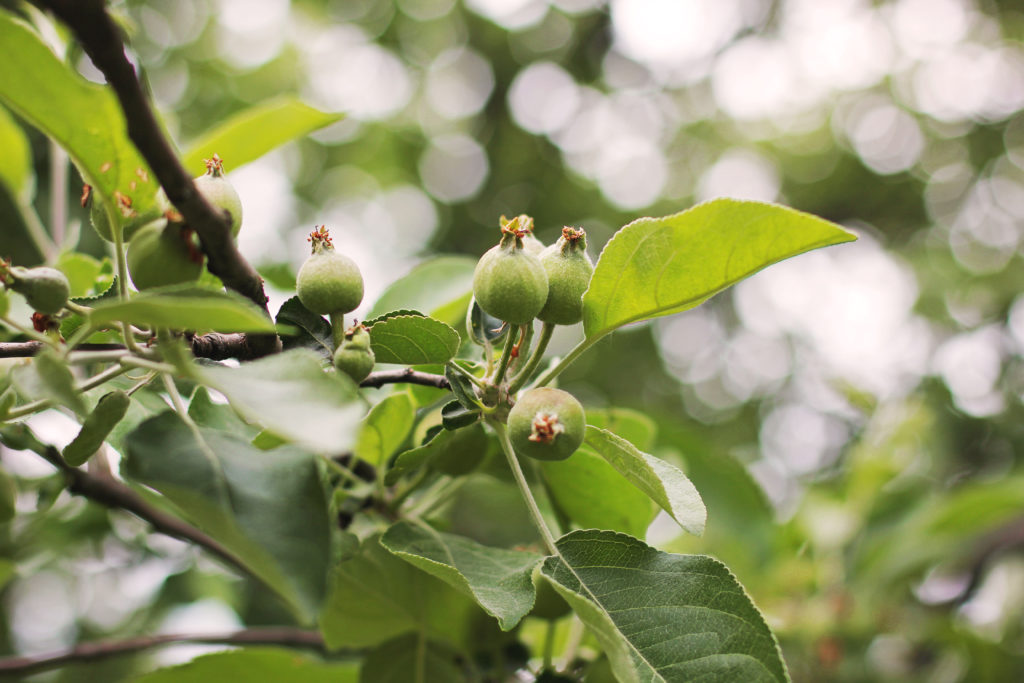
Fruit garden in June
Thinning and pinching
June is the month to look ahead to the fruit harvest. Peaches and apricots–the early producers–should be thinned immediately if not completed. Apples, pears, and plums need your attention now and should be gradually thinned during June.
Fruit trees commonly produce many more fruitlets than they can bear. When you set out to thin your fruit trees, one fruit per spur, or two at the most, is a good guide. But don’t rush to thin your fruit trees, work with nature. The natural fruit fall for apples, pears, and plums will come later this month and in July. If your trees are heavy-laden, go ahead and thin a few fruits now. Start with fruits that are less than marble-sized, discolored, or misshapen. Then wait to see which fruits nature drops and do additional thinning after if necessary.
Melons should also get your attention in June. The growing point of melons should be pinched out now and melon plants should be limited to four side shoots each. Make sure the shoots you choose are spread out in opposite directions. When each side shoot has produced five leaves, pinch out the growing tip for that shoot. Soon you will have sub-laterals and flowers.
If you want to make sure your melon harvest is full later this summer, look in June for the flowers with a tiny bulge on the stalk right behind the petals–these are the female flowers. On a sunny day, take male flowers, remove their petals, and brush them against the knob-like stigmas of the female flowers. When the fruits begin to swell, choose one fruit for each of the four side shoots–that is four melons per plant, and remove the others.
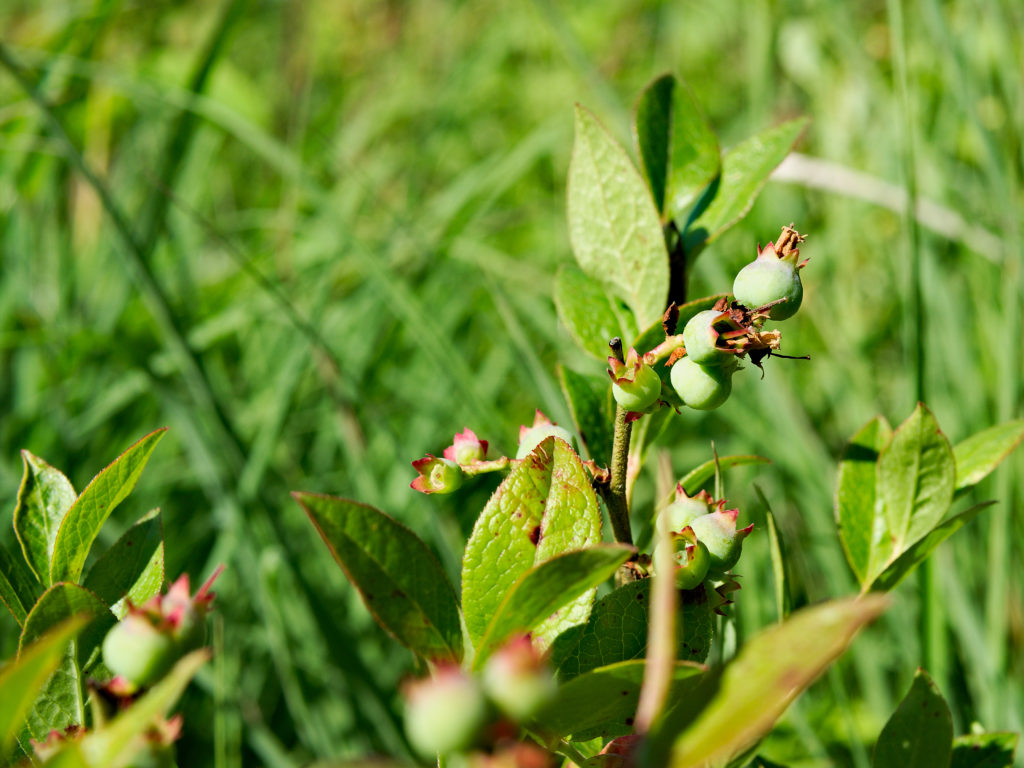
Berries
Harvest blackberries and blueberries as they ripen. Protect bush and cane fruits from birds with fine netting or wire cages.
Cut fruit-bearing raspberry and blackberry canes, and other brambles back to ground after harvest. Cut new shoots back to about 2 feet. Tie new canes to support wires, allowing a maximum of eight canes per plant. New shoots are soft and easily damaged. Summer-prune gooseberries by cutting back side shoots to five leaves.
Continue to harvest strawberries. Cover ripening berries with netting to protect them from birds. Remove runners from young strawberry plants. Peg down strawberry runners from established plants to create new plants.
Tree fruits
Prop up fruit-laden branches to prevent breakage and harvest fruit, such as cherries, when ready. Thin apples, peaches, pears, and plums. Mulch and water deeply fruit trees if the weather is dry. Check stakes and ties. Keep down weeds. Prune wood damaged by fire blight. Hang coddling moth traps on apple trees. Spray against apple scab, mildew, and aphids. Trap larvae on tree trunks and destroy them.
Fertilize citrus and tropical fruit
Prune litchi, mangoes, and other tropical fruits after the harvest this month.
Pineapple guava in June
Bees still have their work cut out for them in June even though many fruit blossoms–apricots and plums, for instance–have given way to green fruit. Not so for the pineapple guava which is now coming into full bloom. Bees are the chief pollinators of pineapple guava and if their work is successful the fruit will arrive in autumn.
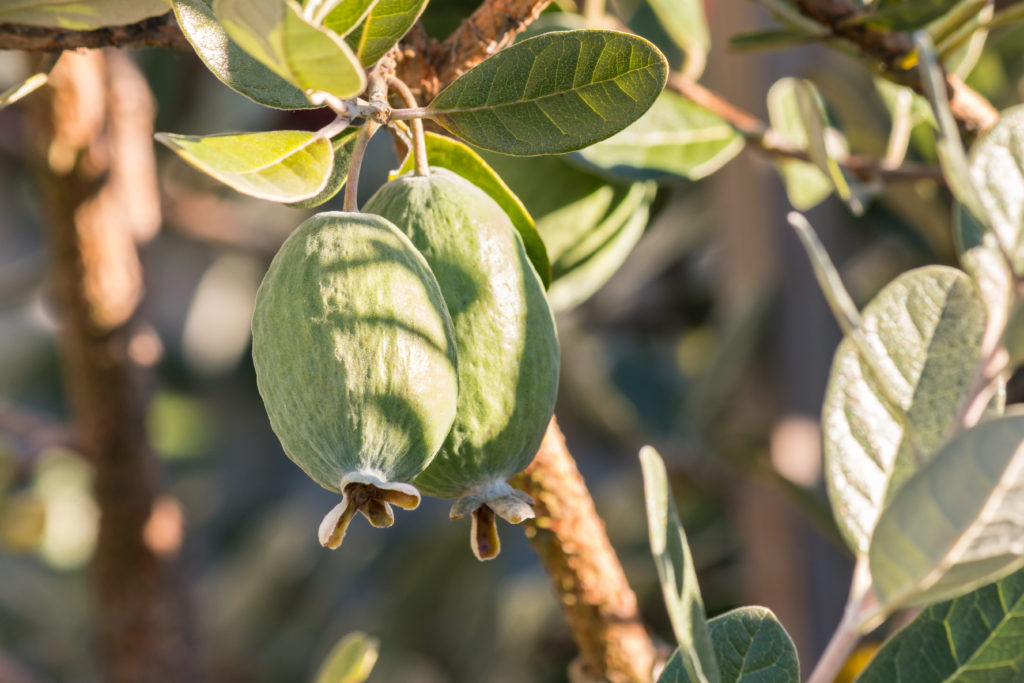
If the blossom of the pineapple guava looks good enough to eat, go ahead. Each flower is made up of four to six fleshy petals that are white-tinged with purple on the inside. The petals are mildly sweet and will make a tasty and colorful addition to spring salads.
When summer fades, the fruit of the pineapple guava, also called feijoa, will be ready for the table. Even though its skin will be green, its cream-orange colored flesh will be sweet and fragrant. You can eat it fresh or cooked. Add pineapple guava to fruit salads, yogurt, or ice cream.
Besides the flowers of the pineapple guava, June is one of the best months to enjoy roses. Roses are at their freshest this time of year.
Garden Planning Books at Amazon:
- Vegetable Garden Grower’s Guide
- Tomato Grower’s Answer Book
- Vegetable Garden Almanac & Planner
- Kitchen Garden Grower’s Guide Vegetable Encyclopedia


